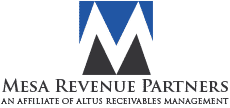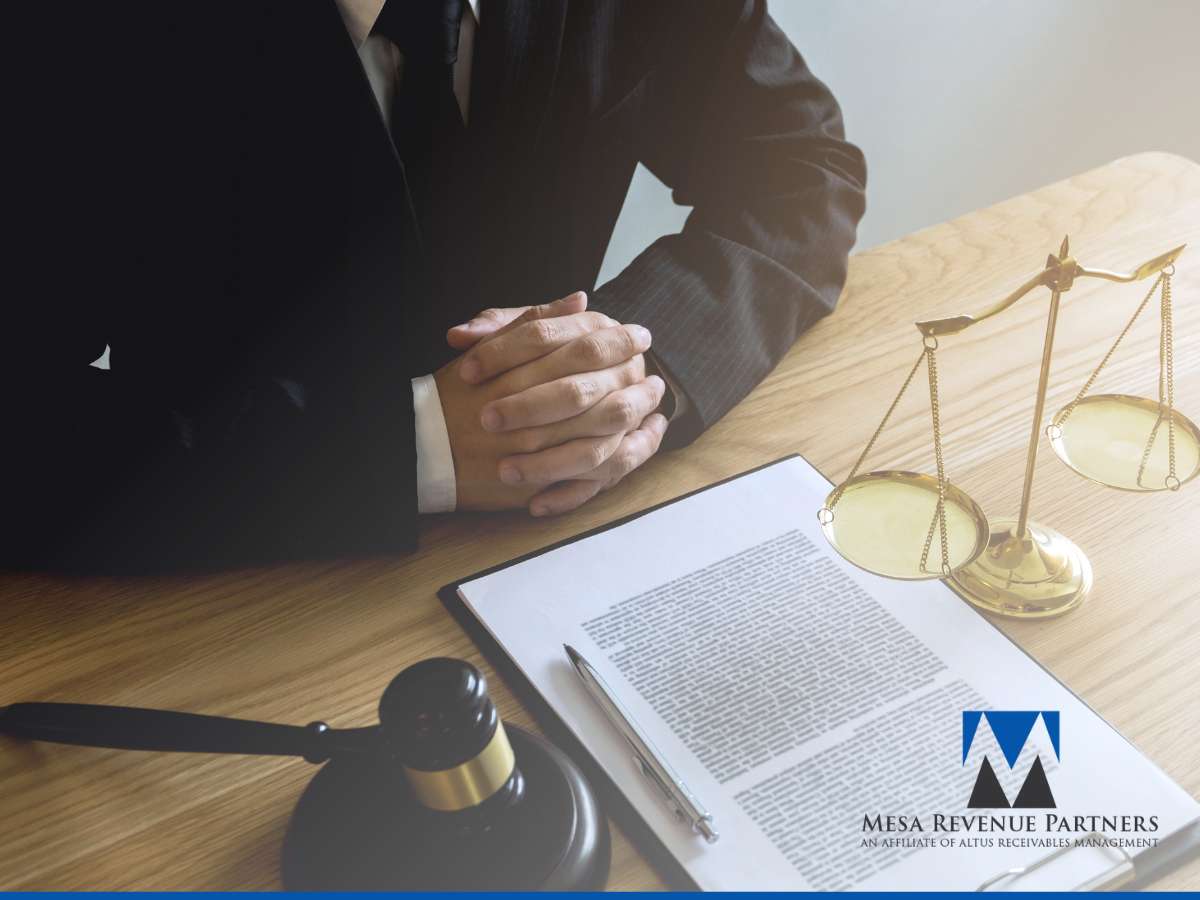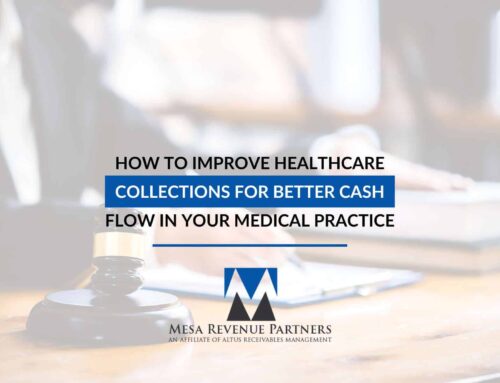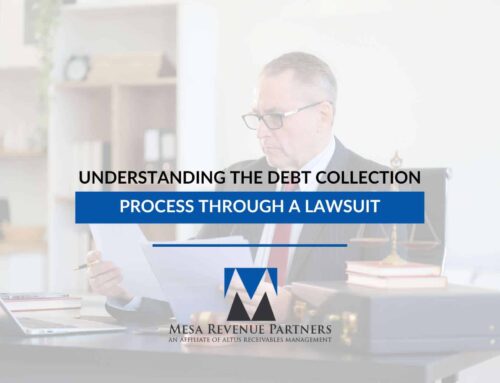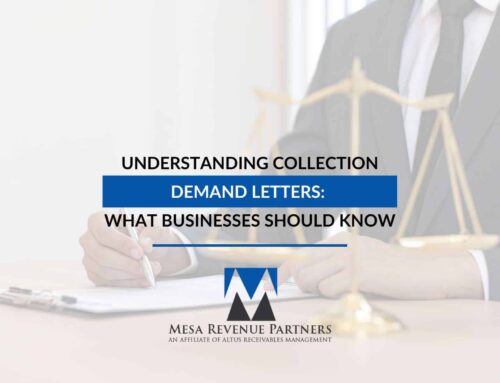Effective Strategies for Initiating Collections Litigation Against Unpaid Business Debts
Dealing with unpaid debts can be a daunting and stressful experience for any business. When repeated attempts to recover these funds fail, starting collections litigation may be necessary. Understanding the first steps in this process is crucial to ensure your efforts are effective and compliant with legal standards.
As a commercial collections agency, we are here to guide you through this challenging time by explaining what to do when starting the collection litigation process. Keep reading for more details.
Exploring the Basics of Collections Litigation Process
Collections litigation refers to the legal process that happens when someone owes money to a creditor and hasn’t paid it back as agreed. This process often follows after less formal attempts like phone calls and demand letters haven’t worked.
Effective debt recovery is essential for businesses because it ensures consistent cash flow, preserves profitability, and maintains financial stability. Timely recovery of debts also protects the business’s credit rating, ensures compliance with legal regulations, and fosters positive customer relationships.
That’s why unpaid debts can lead to long-term financial challenges in a business. In those cases, opting for collections litigation might be the best idea.
How to Assess Unpaid Debts Before Litigation
Determining the value of an outstanding debt involves more than just the invoice amount. It’s crucial to consider factors like the likelihood of collecting and the costs involved in recovery.
These factors are crucial to understand the situation and plan the best course of action with the help of professionals.
A skilled commercial collection company is a great ally for this as its staff can examine the debtor’s financial situation (including their cash flow and assets) and prioritize which debts to pursue and how much effort to invest.
Steps to Start Collections Litigation For Unpaid Debts
Starting collection litigations is not as complicated as it sounds if you receive the help of experts. Your business needs professional help because each step requires careful consideration and adherence to legal procedures. This way, there’s a better chance of a successful outcome in recovering the debt.
Evaluate the Debt
The first step is to evaluate the debt. This step is part of the initial assessment that the company usually does once the process gets started. Here’s what you have to do:
- Gather all necessary documentation related to the debt, including invoices, contracts, and any communication with the debtor.
- Verify the amount owed and ensure that the debt is within the statute of limitations for your state.
Contact the Debtor
- Before filing a lawsuit, reach out to the debtor to attempt a resolution.
- Send a formal demand letter outlining the debt, the amount owed, and a deadline for payment. This letter serves as a final warning and can often prompt the debtor to pay without further legal action.
Consult with an Attorney
- If the debtor fails to respond or refuses to pay, consult with a collections attorney.
- An attorney can provide legal advice, review your documentation, and ensure that you follow the correct legal procedures.
File a Complaint
- Your attorney will draft and file a complaint with the appropriate court. The complaint outlines the details of the debt, the attempts to collect it, and the amount you are seeking.
- Pay any required filing fees and submit the complaint to the court.
Serve the Debtor
- Once you file the complaint, you must serve the debtor with a copy of the complaint and a summons to appear in court.
- Use a professional process server or law enforcement officer to ensure proper service according to your state’s laws.
Await the Debtor’s Response
- The debtor typically has a specified period (usually 20-30 days) to respond to the complaint. They can either pay the debt, dispute the claim, or ignore the lawsuit.
- If the debtor disputes the claim, the case proceeds to the discovery phase, where both parties exchange information and evidence.
Attend Pretrial Conferences & Median
- Courts often require pretrial conferences or mediation sessions to encourage settlement before trial.
- These meetings provide an opportunity to negotiate a payment plan or settlement agreement with the debtor.
Proceed to Trial
- If you cannot settle, the case goes to trial. Present your evidence and arguments to the judge.
- The judge will then decide whether the debtor owes the debt and, if so, the amount they must pay.
Obtain a Judgment & Enforce It
- If you win the case, the court will issue a judgment in your favor.
- Use this judgment to take further collection actions, such as garnishing wages, placing a lien on property, or seizing assets.
Choosing a Reliable Collections Litigation Company for Effective Debt Recovery
Starting collections litigation for unpaid debts requires a strategic and methodical approach. Remember, the key to success in these cases relies on thorough preparation and expert legal guidance.
At Mesa Revenue Partners, we specialize in helping businesses recover unpaid debts efficiently. Our experienced team of collections attorneys will guide you through every step of the process, from the initial evaluation to enforcing a judgment. Don’t let unpaid debts impact your business’s financial health.
Contact us today to schedule a consultation and take the first step toward recovering what is rightfully yours.
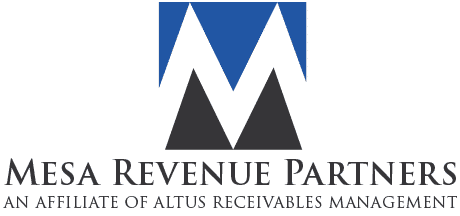
MESA REVENUE PARTNERS
Email: [email protected]
Website: www.mrpcollects.com
Mesa Location
1540 E University Dr #501
Mesa, AZ 85203
Office: 480-968-3181
Gilbert Location
1206 E Warner Rd #203
Gilbert, AZ 85296
Office: 480-389-2288
California Location
639 N Broadway #347
Los Angeles, CA 90012
Office: 213-418-1600
Colorado Location
360 S Garfield St #400
Denver, CO 80209
Office: 303-696-3910
New York Location
245-77 62nd Ave
Little Neck, NY 11362
Office: 917-934-3160
Florida Location
1965 Hilltop Blvd
Jacksonville, FL 32246
Office: 904-560-5160
Michigan Location
9322 Artesian St
Detroit, MI 48228
Office: 313-351-9150
Texas Location
7821 E Magnolia St
Houston, TX 77012
Office: 832-802-7430
Pennsylvania Location
1308 S Carlisle St,
Philadelphia, PA 19146
Office: 215-544-3951
Indiana Location
1128 Wade St
Indianapolis, IN 46203
Office: 463-205-0946
Tennessee Location
323 Highwood Ct,
Knoxville, TN 37920
Office: 615-205-5256
